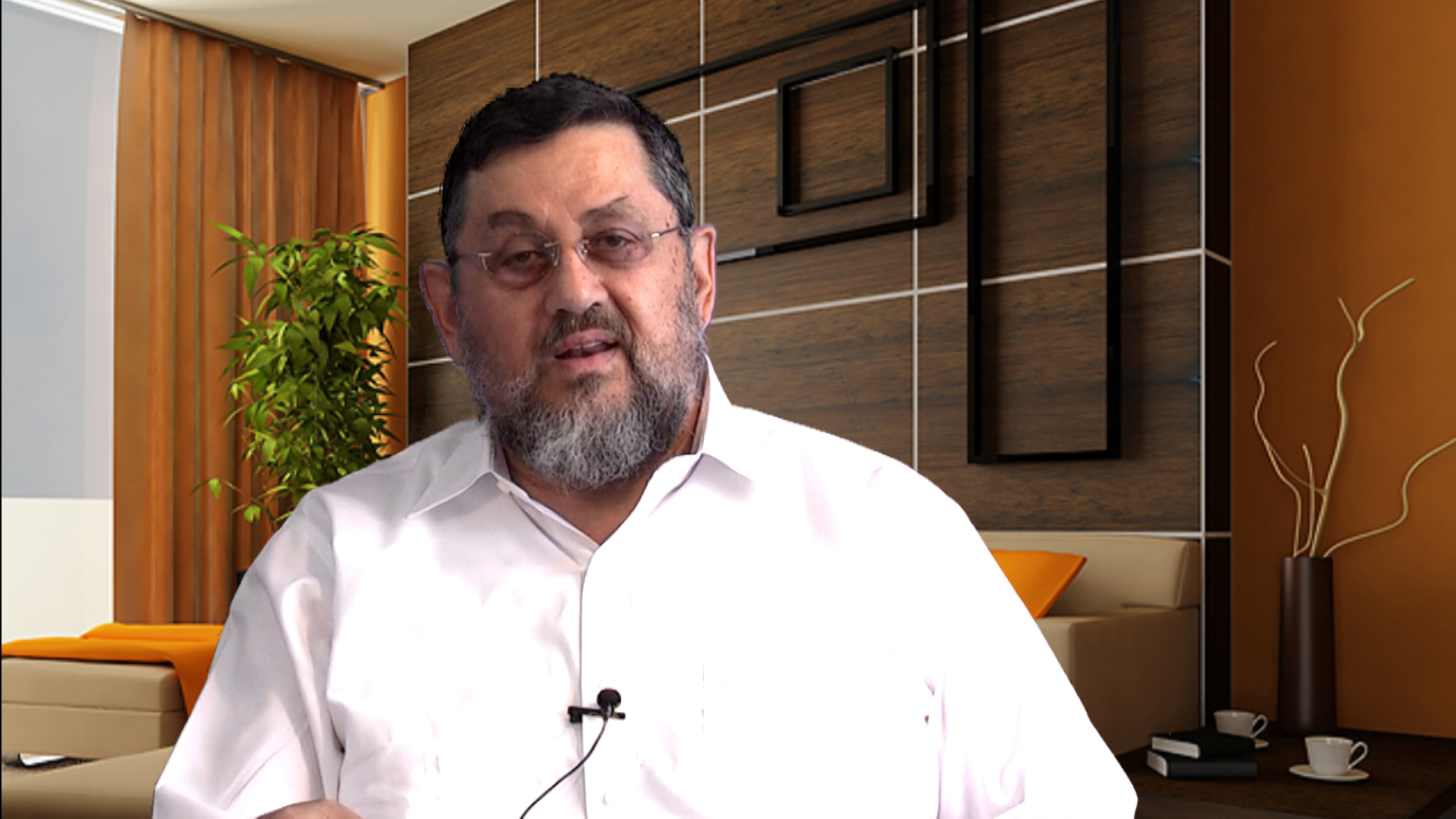52
We're all familiar with the annual "count-up" that takes us to Shavuot, but some pesky questions surround the whole ritual.
The Torah specifies, "U's'fartem lachem - and YOU shall count," thus mandating that every individual counts for him/her self, even when another person - usually the Rabbi or Chazan - counts publicly in our presence. This is an exception to the general rule - based on the dictum, "Kal Yisrael arevim zeh lazeh, all Jews are responsible for one another" - that one person can be yotze, can exempt all others who have an obligation in that same Mitzva (Kiddush being the most well-known example of that).
And so, we all count the Omer each day between Pesach and Shavuot. Ok, fine and good. But why do we say a separate bracha each day?! If it is a complete set, then why not say one bracha at the beginning that covers the entire count? And if you will say that there is clearly a "hefsek," an interruption of a full day between counts, which therefore necessitates counting anew each day, then I will ask you a question. Why is it that if a person misses one day of counting, he cannot continue to count with a bracha?! If every day is its own, self-contained Mitzva, then why is he stopped from saying a bracha when he forgets? Let him begin again the next day!
In other words, is the Omer an individual act, or is it a collective one?
The answer, you may have guessed, is Yes - it's both! While the Mitzva to count is indeed incumbent upon the individual to perform on a daily basis, to merit the brachot it must encompass the entire count, because the Torah specifically requires, "Sheva Shabbatot t'mimot - seven FULL weeks," with no gaps or interruptions whatsoever.
And here we see the amazing connection to our present-day situation. On the one hand, we are very much on our own, separate and distanced from the world at large. Within our homes - even, for many of us, apart from our children and grandchildren - we are secluded; our world has shrunk down to the bare minimum. Yet on the other hand, virtually everyone else on the planet is in the exact same situation as we are! In that sense, we are not alone at all; we are just one piece of a gigantic collective undergoing the same challenge and praying for the same outcome.
And so, each and every one of us - several billion when you put us all together - are counting the days, literally, when we can emerge from isolation and bring a "Mincha Chadasha La'Hashem," a new and invigorated dedication to Hashem, who will bless us with health, life and Shalom.

Forgetting a Day of Sefirat Ha'Omer
Rabbi Yosef Tzvi Rimon | 5778

The laws of Chodosh
Rabbi Yirmiyohu Kaganoff | Iyar 11 5779

The Halachot of Pidyon Haben
Rabbi Yirmiyohu Kaganoff | 5769

Milk Spoon in a Meat Sink or Dishwasher
Kashrut in a Nutshell
Rabbi David Sperling
Daf Yomi Makkot Daf 10
R' Eli Stefansky | 20 Nisan 5785
Daf Yomi Makkot Daf 7
R' Eli Stefansky | 17 Nisan 5785

The Solution to 'Risky' Intellectual Topics
Ayn Aya, Shabbat v, 72
Rabbi Ari Shvat | Nisan 5785







